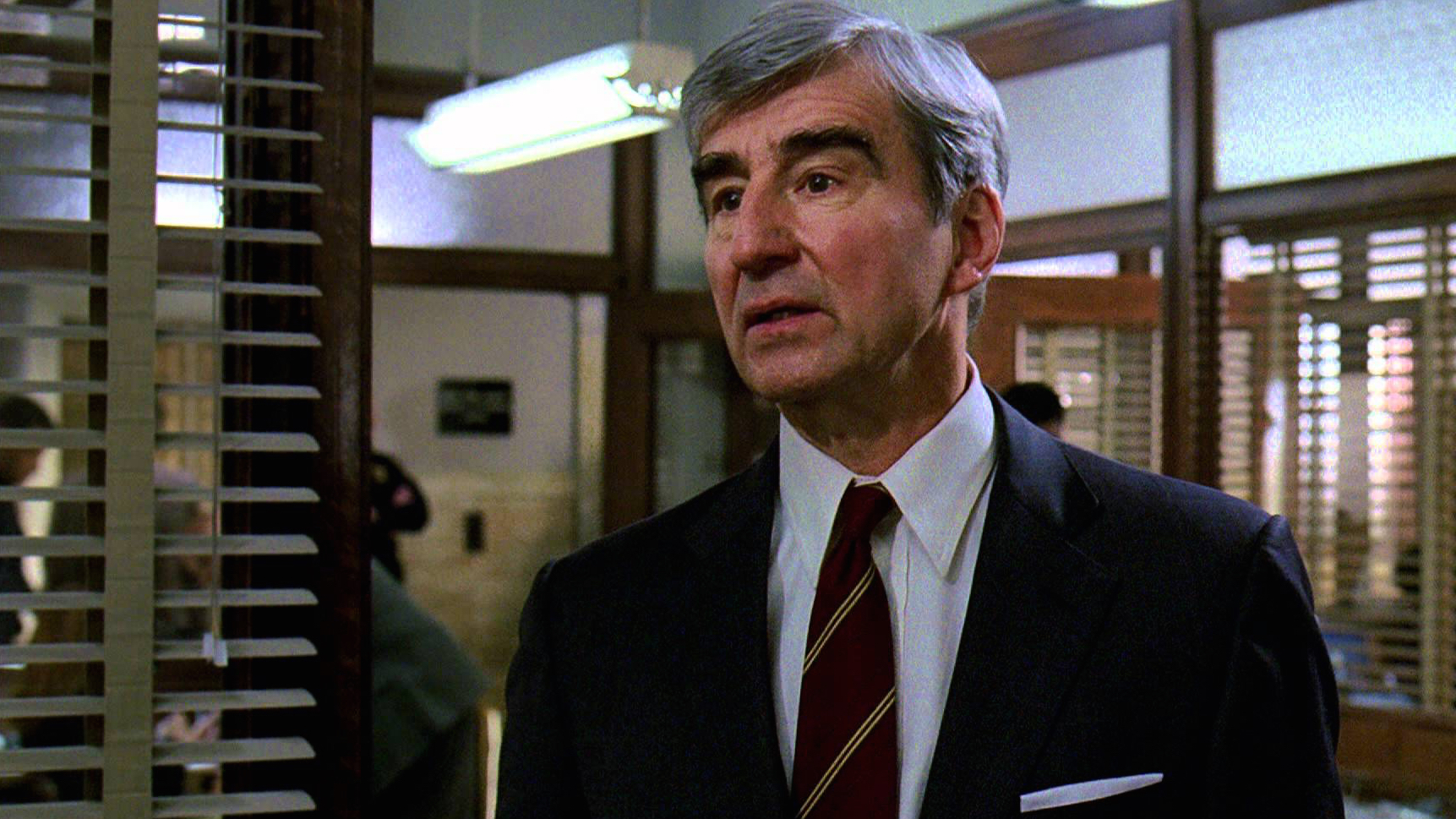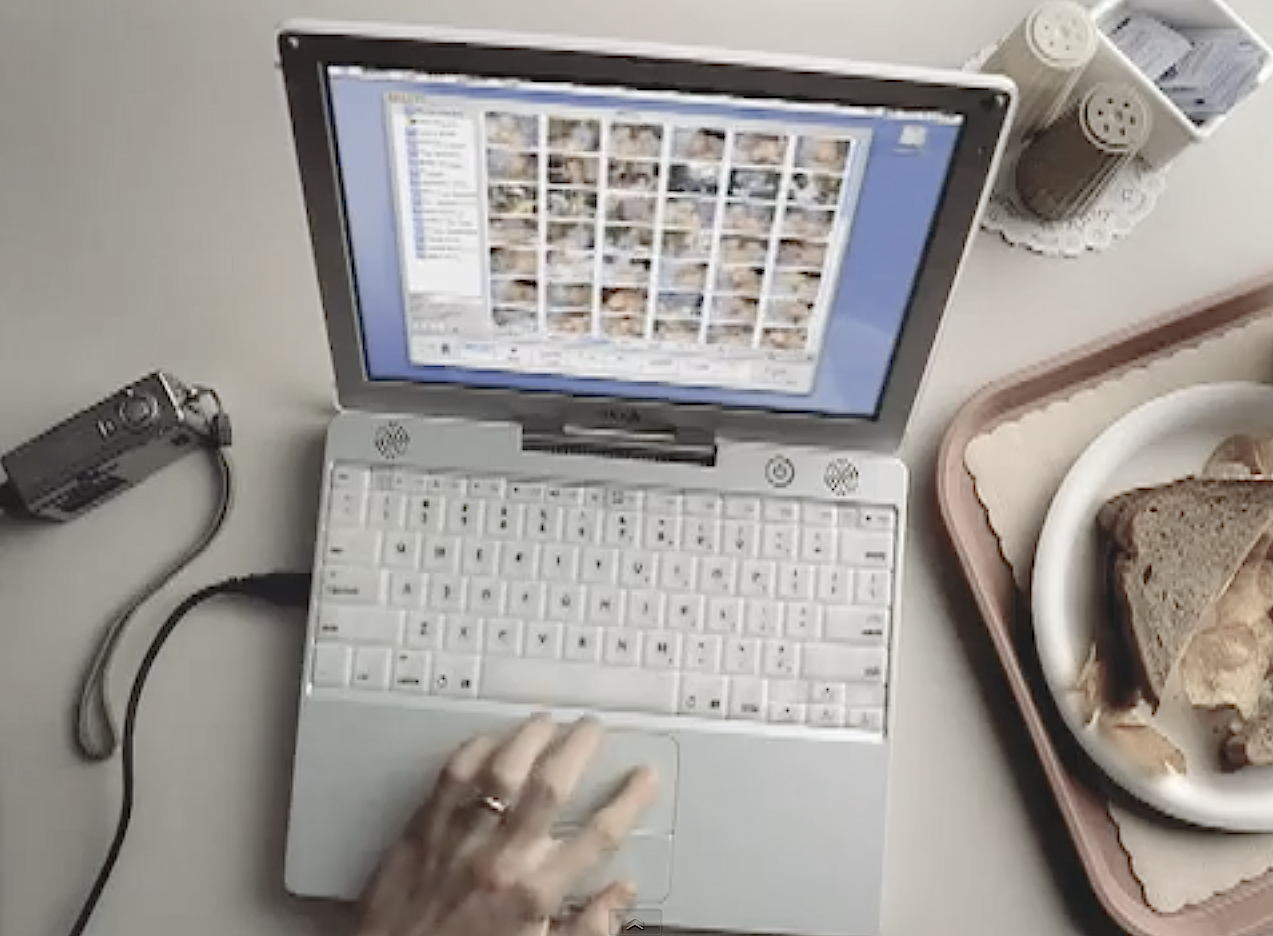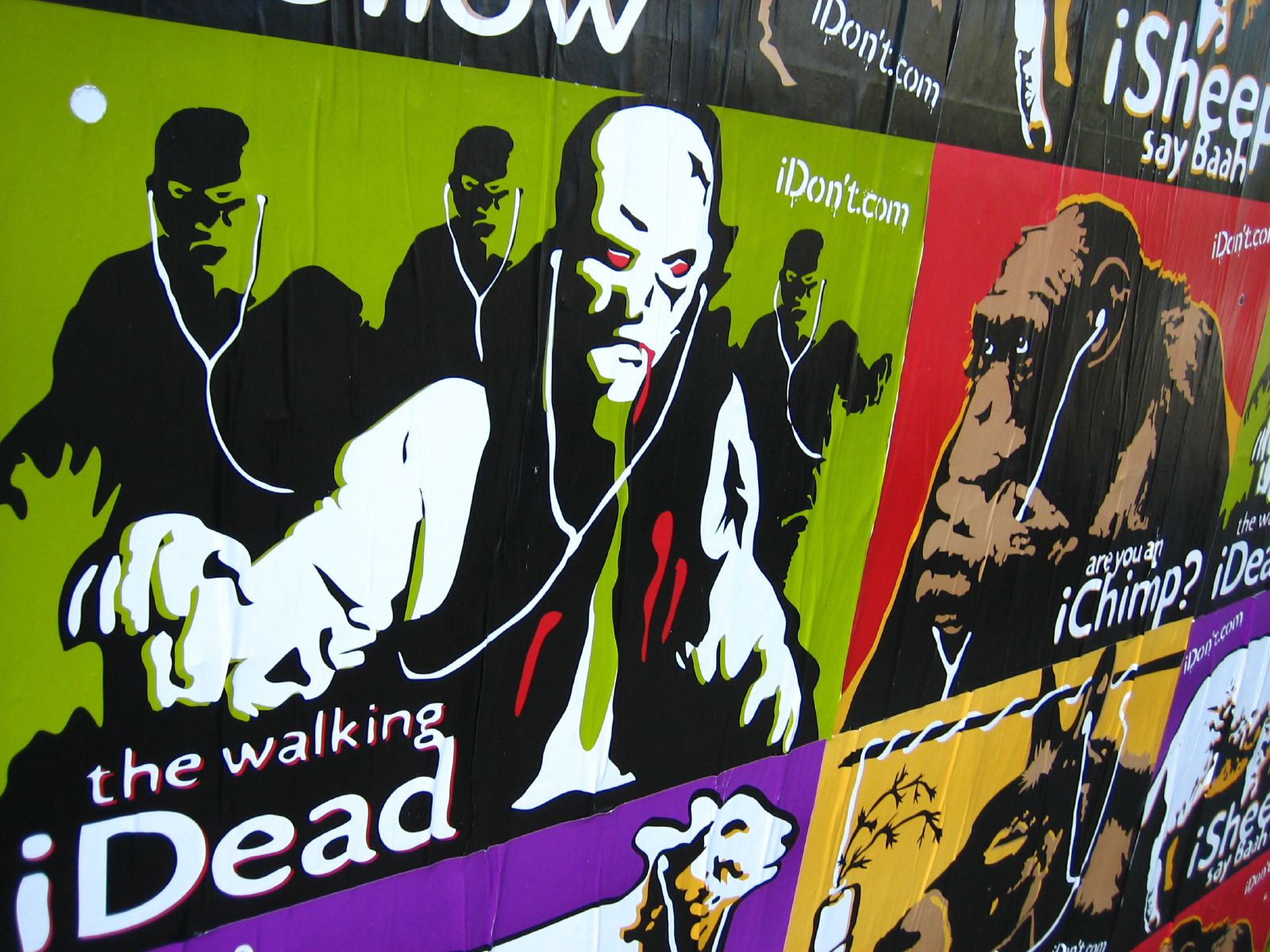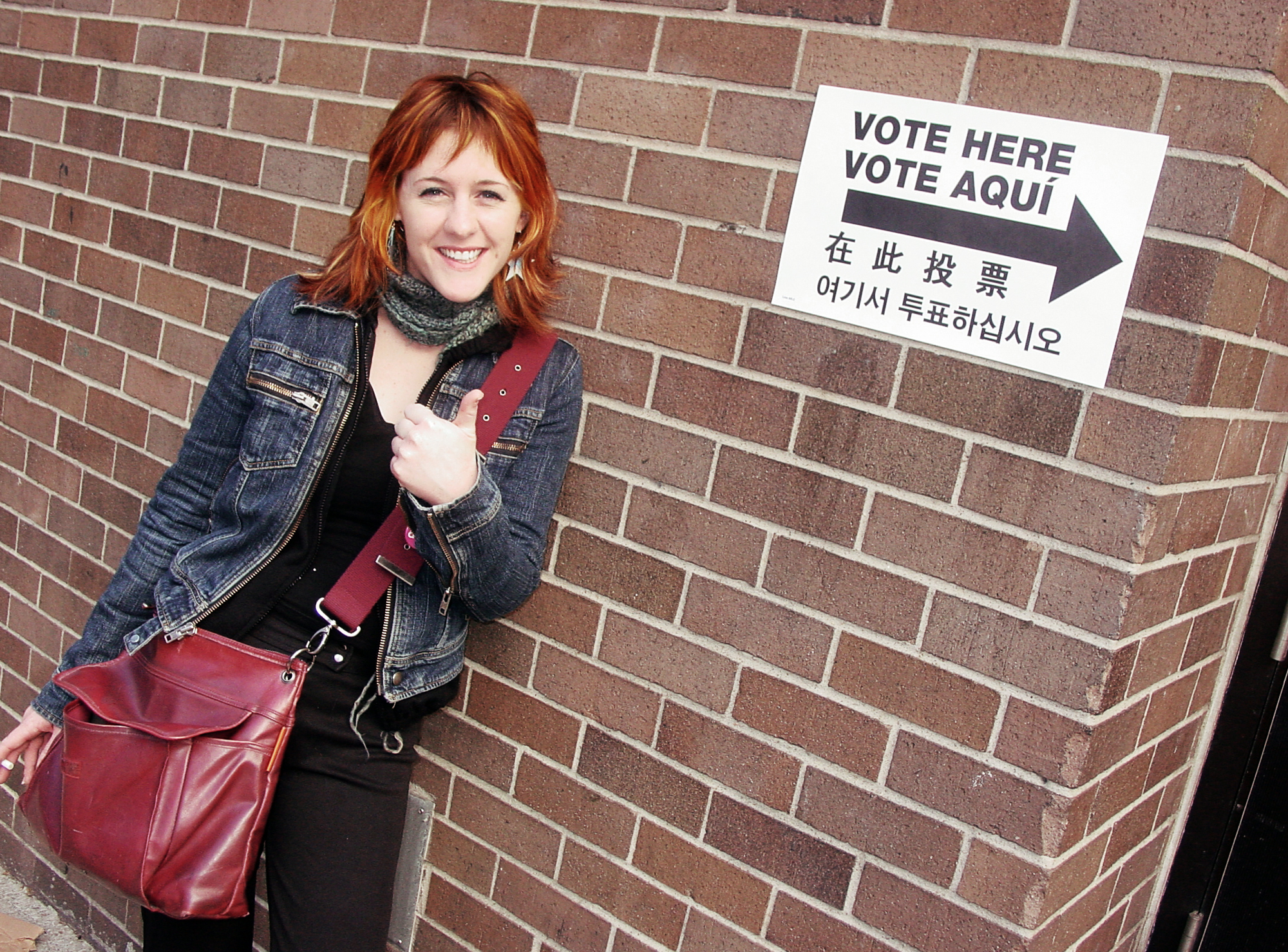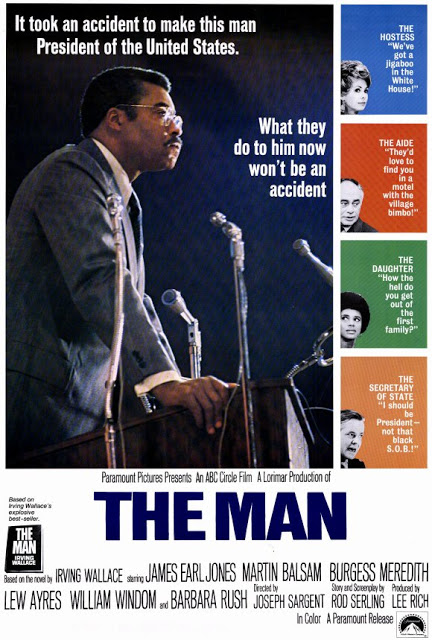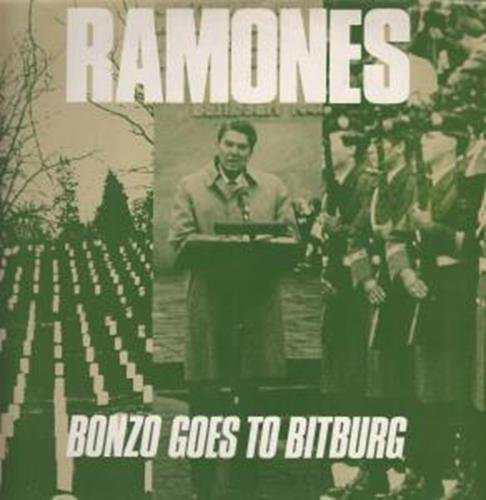Good thing I was interested in live TV last night rather than using the DVR. Disappointing would have been the recording. I turned off the TV about half way through the first of two “Law and Order” episodes, disgusted how one-sidedly political the show has become. Naively, I had hoped for respite with the cast change. No such luck.
Episode one sought to put alleged Iraqi prisoner abuses on trial. The timing and context had to be deliberate given the election year. As if we hadn’t watched or read enough already about the prisoners’ treatment for it to be repackaged as entertainment. Geez. I tuned into episode two during the last 20 minutes, which made nonsense out of people devastated by the 9-11 attacks on the Twin Towers.
